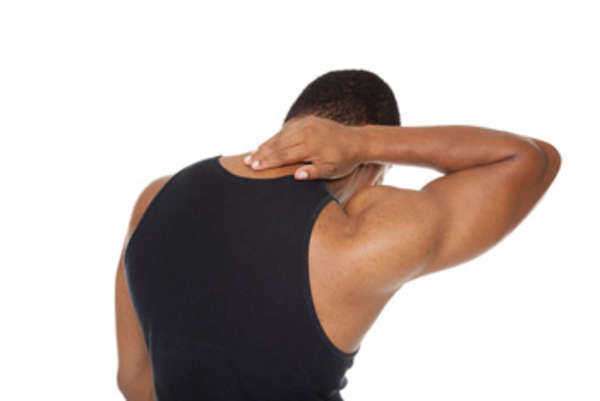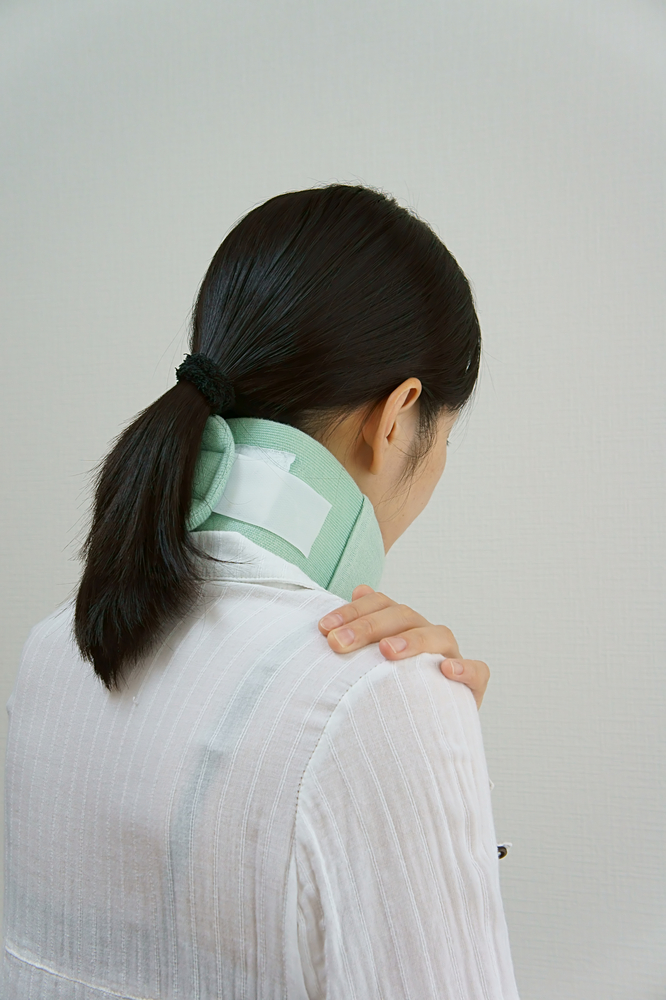
Whiplash Symptoms: Understanding the Causes and Signs
Have you ever experienced neck pain or stiffness after being involved in a car accident or any other event that led to sudden head jerking? Did you know that such symptoms could be indicative of a whiplash injury? Whiplash refers to the damage caused to the neck, shoulder, and head muscles due to a sudden strong back-and-forth movement of the neck, similar to cracking a whip. Here is an in-depth look at some of the common whiplash symptoms and what you should do if you experience them.
Overview of Whiplash
Whiplash is typically caused by rear-end collisions in cars, but can also occur due to a variety of other events, such as sports injuries, amusement park rides, physical violence, or falls. Whiplash can result in damage to the muscles, ligaments, and joints of the neck, shoulders, and head, leading to a variety of uncomfortable and potentially debilitating symptoms.
Symptoms of Whiplash
Symptoms of whiplash can vary widely depending on the severity and location of the injury, but typically include:
- Neck pain and stiffness
- Shoulder pain
- Headache
- Dizziness
- Numbness or tingling in the arms, hands, or fingers
- Fatigue
- Difficulty concentrating
- Insomnia
- Blurred vision
- Tinnitus (ringing in the ears)
In severe cases, whiplash can also result in mood changes such as anxiety or depression.
Diagnosis of Whiplash
If you have been involved in an event that could have caused whiplash, it is essential to seek professional medical attention as soon as possible. Your doctor will likely perform a physical examination and take a history of the incident to determine if you have whiplash. Imaging studies, such as X-rays or an MRI, may also be necessary to determine the severity of the injury.
Treatment of Whiplash
There is no definitive cure for whiplash, however, most cases can be treated with a combination of anti-inflammatory medications, muscle relaxants, and physical therapy. Other treatment options, such as chiropractic care or massage, may also be recommended to help alleviate pain and stiffness. In rare cases, surgery may be necessary to correct damage to the joints or vertebrae of the neck.
When to Seek Help
If you experience any of the symptoms listed above, it is important to seek medical attention right away. Prompt treatment can help alleviate pain and discomfort and prevent further damage. In addition, if you have been involved in an event that could have caused whiplash, you should seek medical attention even if you do not immediately experience symptoms.
Conclusion
Whiplash can be a painful and debilitating condition, but with prompt and appropriate medical care, most cases can be successfully treated. If you believe you may have whiplash, do not wait to seek professional medical attention. By taking quick action, you can get on the road to recovery and start feeling better sooner rather than later.


